Instructional Models: A Guide to Choosing the Right One

By Kate Wolfe Maxlow You probably have a favorite instructional model, even if you don’t realize it. Instructional models are overarching approaches to teaching that involve a series of steps in a particular order, designed to help students think and apply their knowledge in specific ways. The steps in each model, and the order in […]
PBL Problem-Solver: Enhancing Student Responsibility (With FREE Resources!)
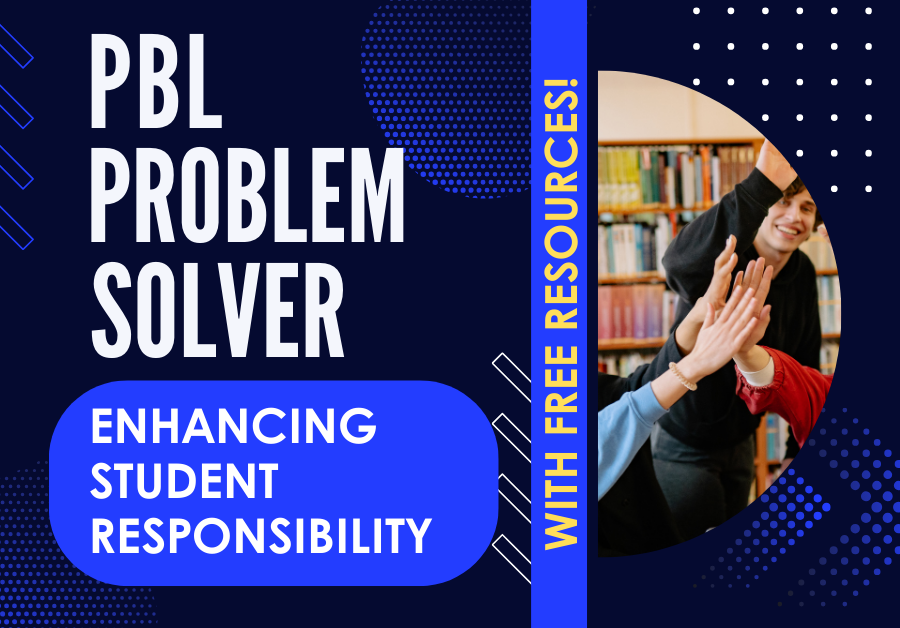
Project-Based Learning (PBL) is an educational approach where students actively explore real-world challenges and create meaningful solutions. This hands-on methodology not only engages students in deeper learning but also equips them with essential workplace readiness skills, such as collaboration, time management, and problem-solving. By integrating PBL into the classroom, educators help students develop the accountability […]
Signature Pedagogy Series, Part 7: Essential Pedagogies of Reading to Learn (ELA for Established Readers)
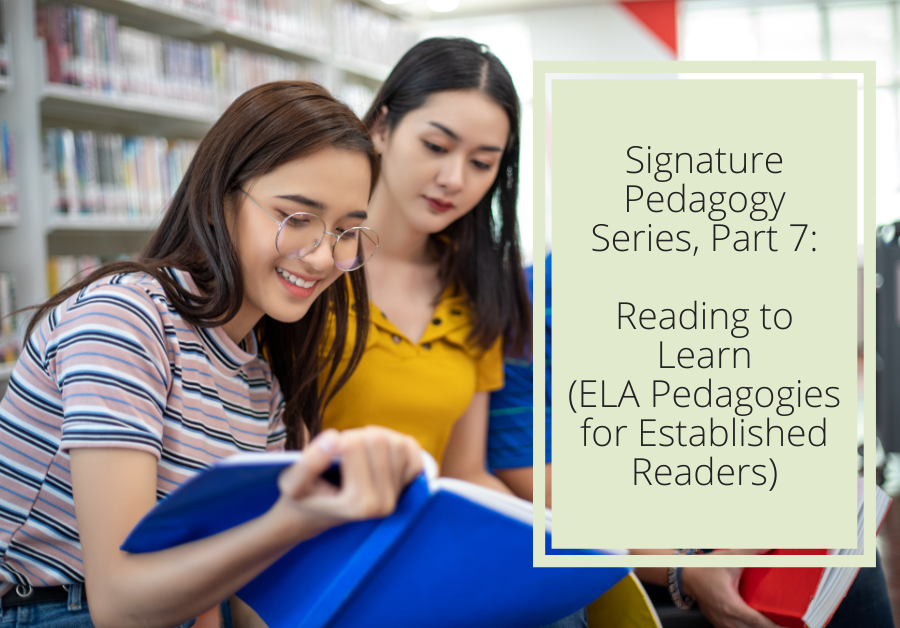
The following article is a part of our Signature Pedagogies in the K-12 Classroom series. “Signature pedagogies,” as defined by Schulman in 2005, are “the types of teaching that organize the fundamental ways in which future practitioners are educated for their new professions” and they include three critical aspects: how to think, perform, and act […]
Signature Pedagogy Series, Part 5: Essential Pedagogies in Social Studies
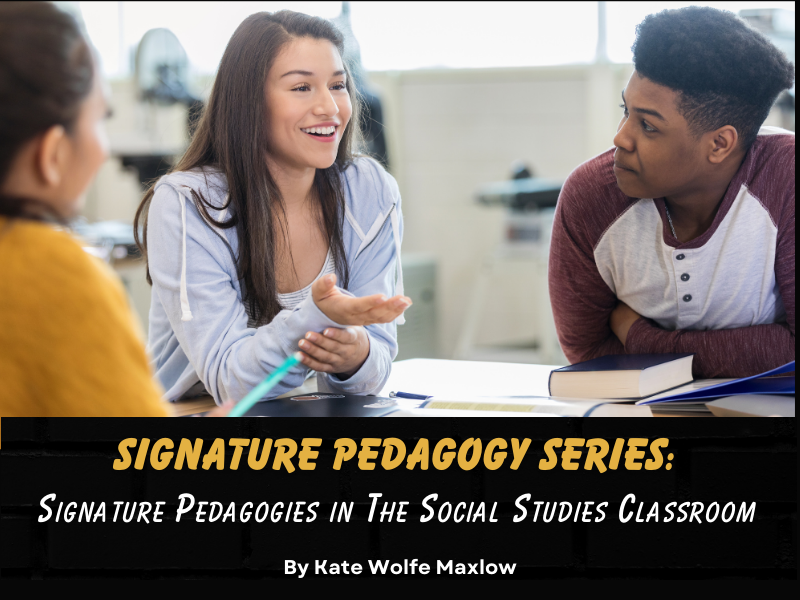
The following article is a part of our Signature Pedagogies in the K-12 Classroom series. “Signature pedagogies,” as defined by Schulman in 2005, are “the types of teaching that organize the fundamental ways in which future practitioners are educated for their new professions” and they include three critical aspects: how to think, perform, and act […]
Signature Pedagogy Series, Part 4: Essential Signature Pedagogies in Math
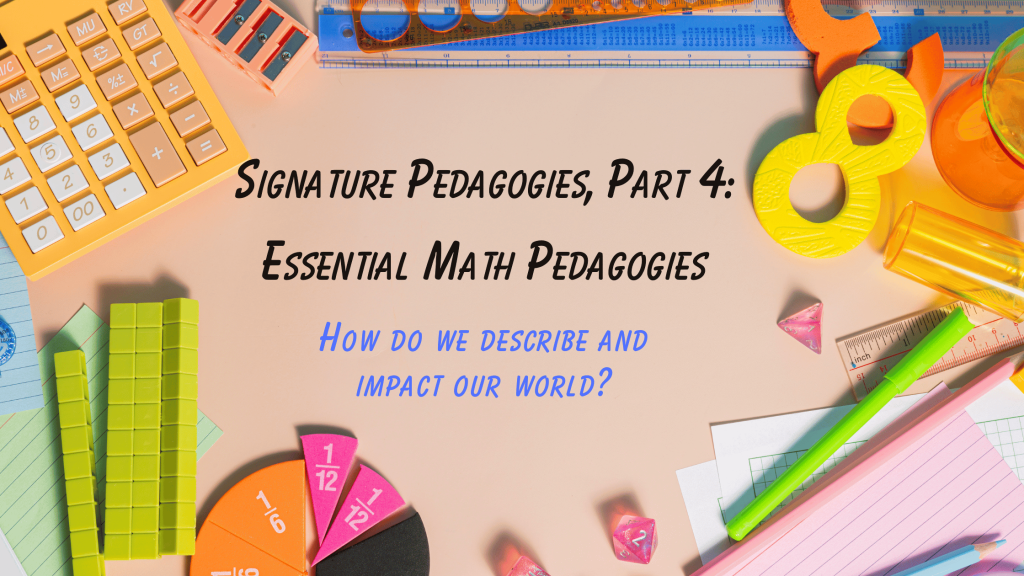
The following article is a part of our Signature Pedagogies in the K-12 Classroom series. “Signature pedagogies,” as defined by Schulman in 2005, are “the types of teaching that organize the fundamental ways in which future practitioners are educated for their new professions” and they include three critical aspects: how to think, perform, and act […]
Signature Pedagogy Series, Part 3: Essential Signature Pedagogies in Science
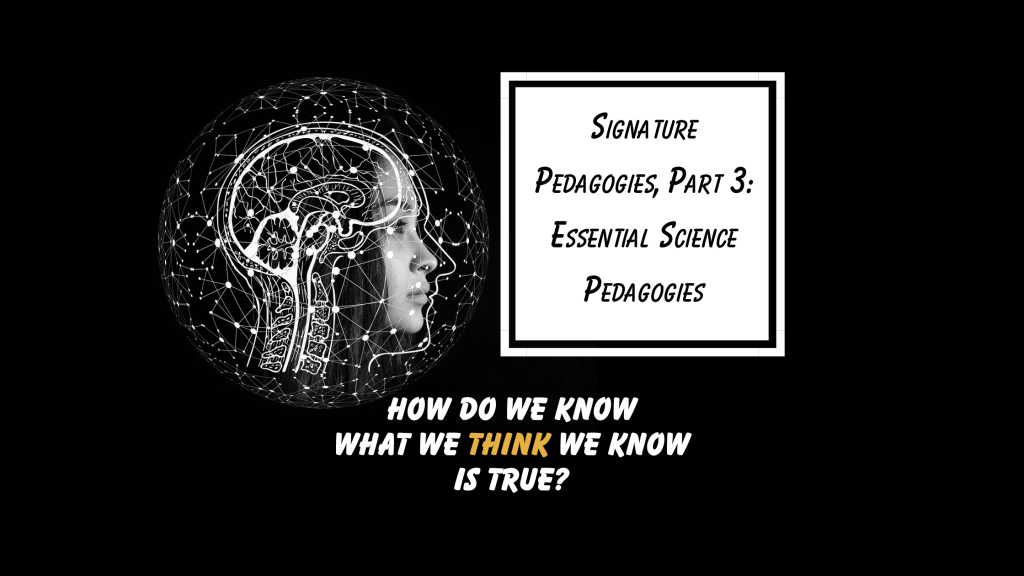
The following article is a part of our Signature Pedagogies in the K-12 Classroom series. “Signature pedagogies,” as defined by Schulman in 2005, are “the types of teaching that organize the fundamental ways in which future practitioners are educated for their new professions” and they include three critical aspects: how to think, perform, and act […]
Are You a True Instructional Leader? The Specific Actions of Building Leaders Who Raise Student Achievement
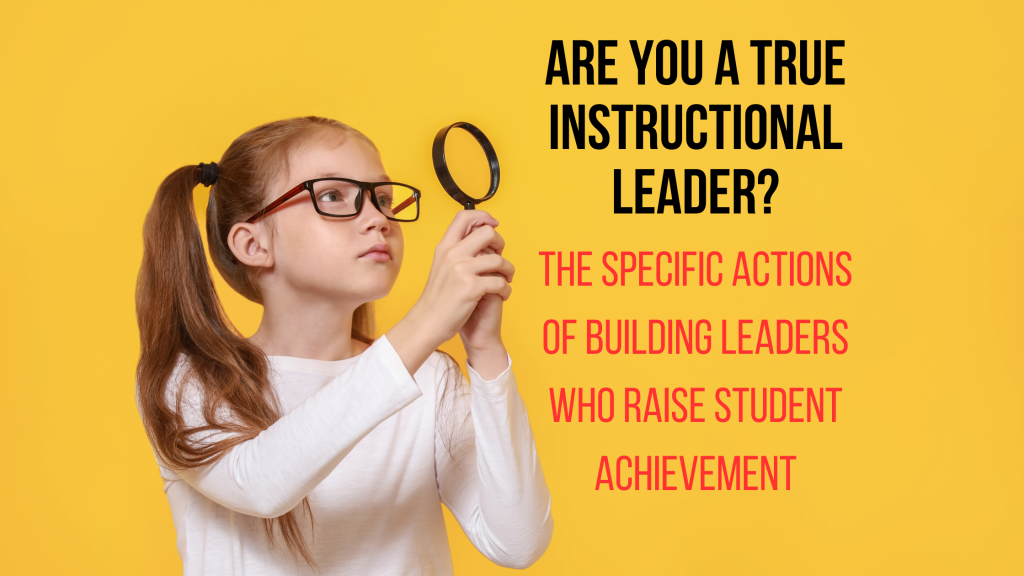
Strong instructional leaders make big impacts on student achievement outcomes (Marzano et al., 2005). They help lead the work to ensure a guaranteed and viable taught curriculum that is aligned with how students will be assessed. In schools with high numbers of students in gap groups (such as economically disadvantaged, English language learners, students receiving […]
Thriving in Central Office: Transitioning from School to District Leadership
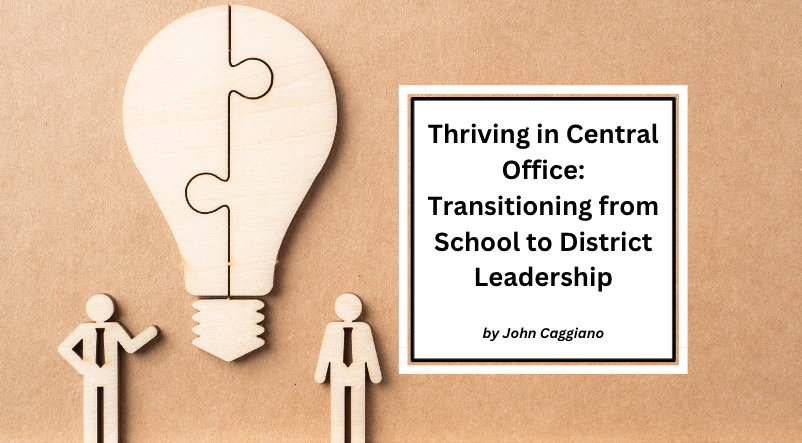
by John Caggiano There are two types of people who most frequently apply for central office curriculum leadership positions: those coming straight from the classroom and those with experience in school leadership. Both can experience a kind of “culture shock” as they realize all the ways that central office leadership is different from working in […]
Signature Pedagogies, Part 2: Types of Curriculum & How They Impact How We Teach
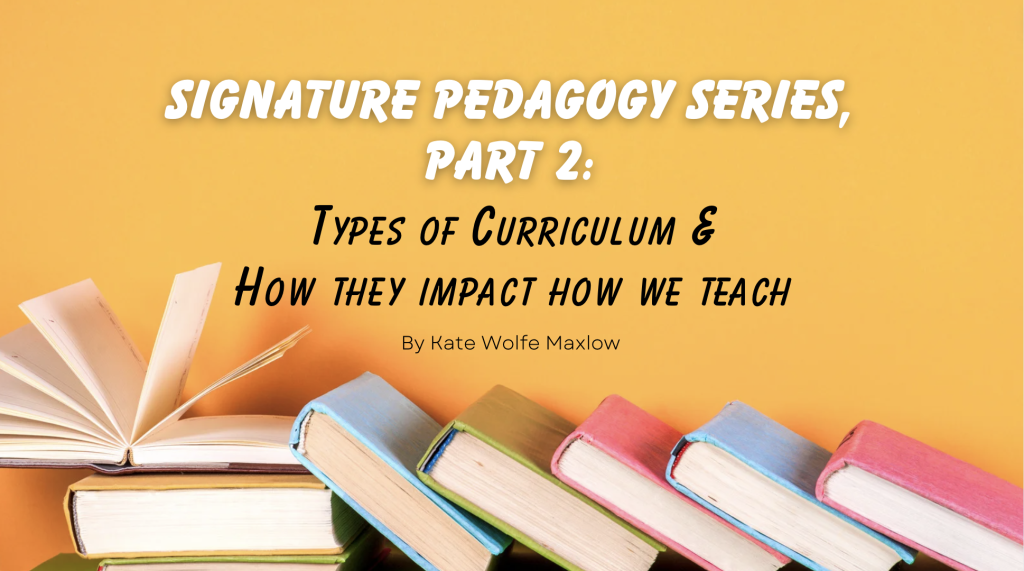
Signature pedagogies are the teaching models and activities that help students develop skills relevant to the discipline that represent the kinds of activities they would do in a profession related to that discipline (Schulman, 2005). For instance: students in science classrooms should be performing experiments using the scientific method; students in social studies classrooms should […]
Signature Pedagogy Series, Part 1: Why “Good Teaching is Good Teaching” Can Be a Harmful Myth
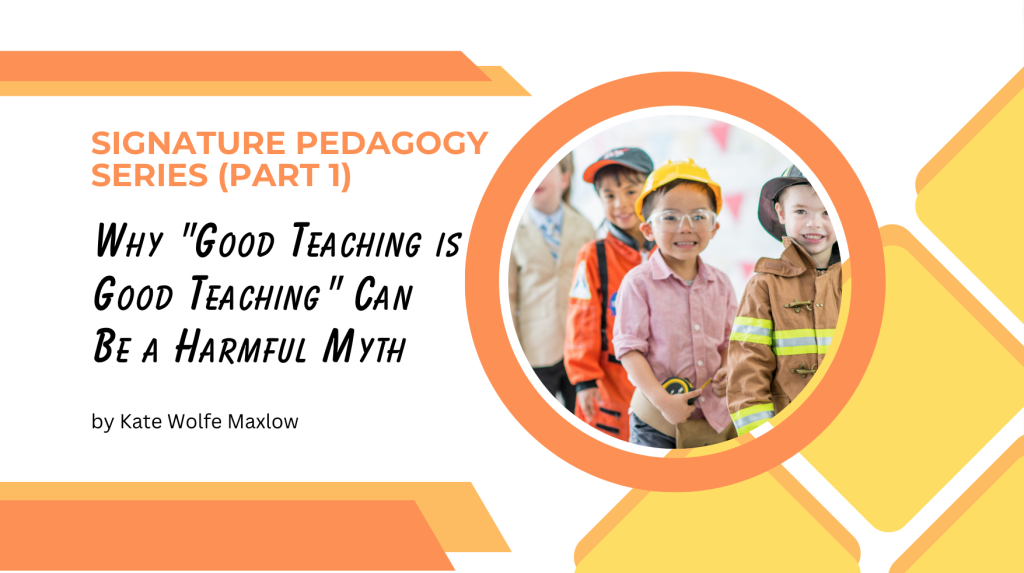
When I hear the phrase “good teaching is good teaching,” I cringe. The statement is not false, but it is also not entirely true—and it can harm our young people by not properly preparing them for life beyond K-12 education. It is frequently made by an administrator justifying why they are able to effectively evaluate […]
